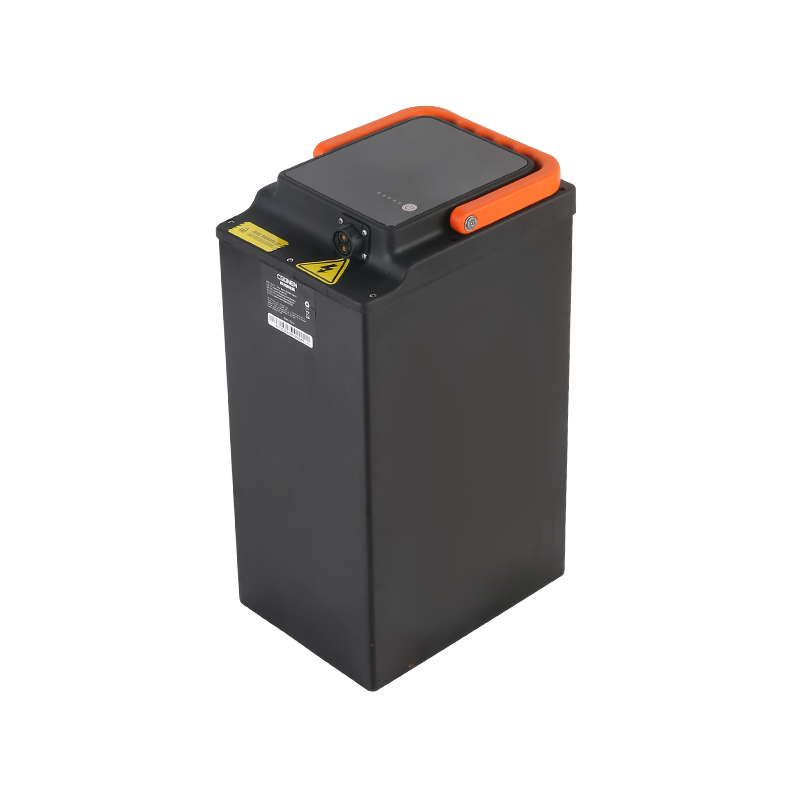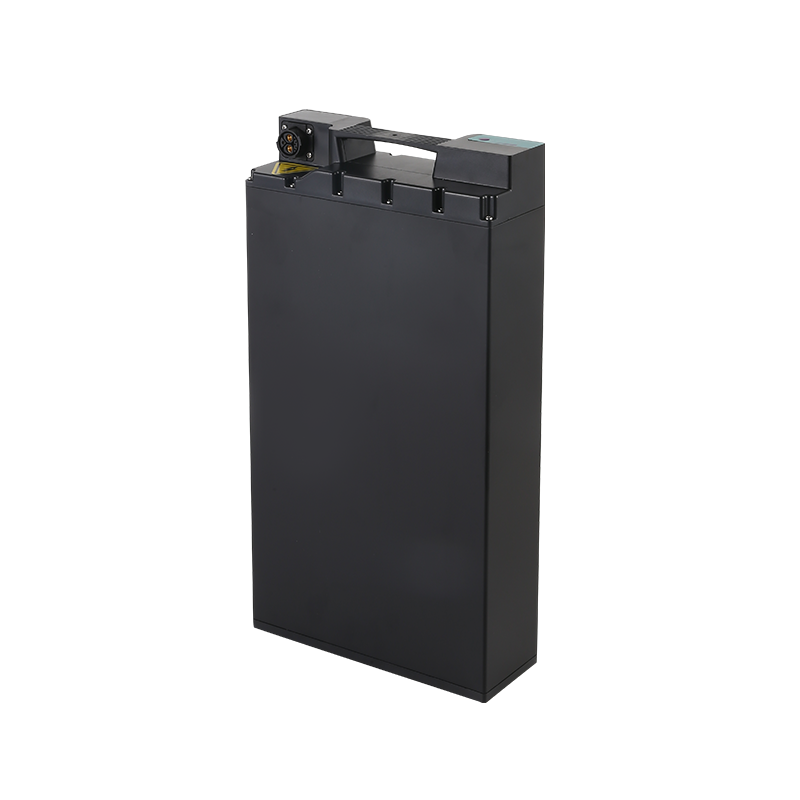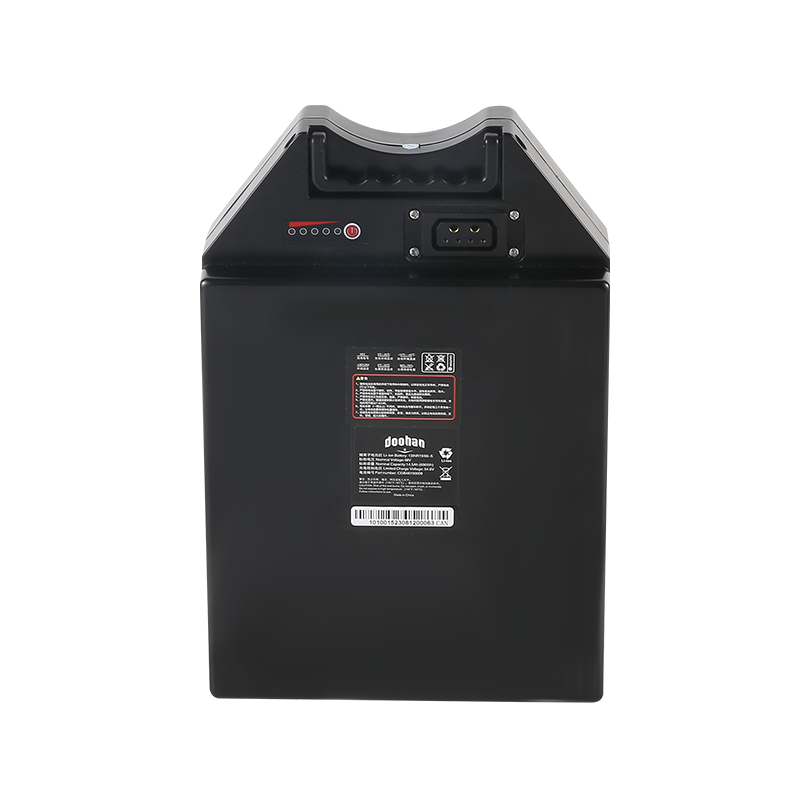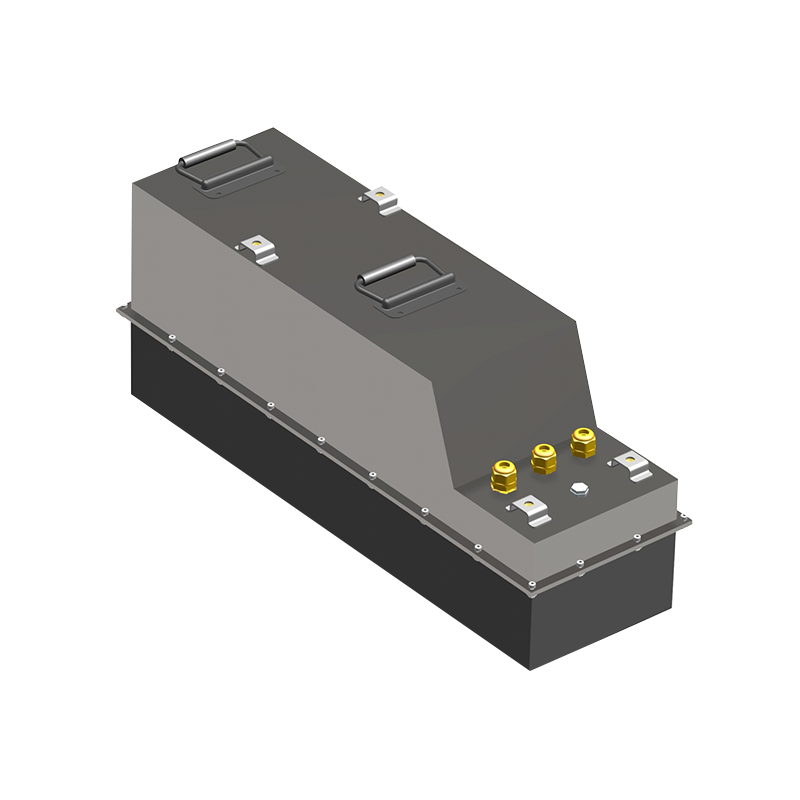Web Menu
Product Search
Exit Menu
Understanding the Benefits of Prismatic Cell Modules
OEM Design Cheap Prismatic Cell Module Supplier Company in China
In the quest for efficient and reliable energy storage, prismatic cell modules have emerged as a pivotal technology. These modules, with their distinctive flat and rectangular design, are integral to a variety of energy storage systems.
Prismatic cell modules are a type of rechargeable battery cell that is typically composed of lithium-ion chemistry. They are named for their shape, which is a flat, rectangular prism, allowing for a compact and efficient use of space. These modules are designed to provide high energy density, making them suitable for applications where space is at a premium.
The construction of a prismatic cell module involves several key components. The core of the module is the cell, which contains the electrodes and electrolytes. These cells are encased in a protective housing, often made of metal or plastic, to ensure safety and durability. The modules are designed with thermal management in mind, incorporating features such as cooling channels to prevent overheating.
One of the standout features of prismatic cell modules is their energy density. They can store a significant amount of energy relative to their size, which is particularly beneficial for applications requiring high energy output in a compact form. Additionally, these modules exhibit good cycle life, meaning they can be charged and discharged many times without significant loss of capacity.
Safety is a paramount concern in the design of prismatic cell modules. To address this, various safety mechanisms are integrated into the modules. These include overcharge protection, over-discharge protection, and thermal runaway protection. These features help to ensure that the modules operate safely under a wide range of conditions.
The versatility of prismatic cell modules makes them suitable for a wide array of applications. They are commonly used in electric vehicles, where their high energy density and compact form factor are advantageous. Additionally, they are used in stationary energy storage systems, such as those used for grid support and backup power. In the consumer electronics market, prismatic cell modules can be found in laptops, mobile phones, and other portable devices.
Integrating prismatic cell modules into energy systems requires careful consideration of the system's requirements. Factors such as the desired energy capacity, discharge rate, and physical space available must be taken into account. Engineers and designers work to optimize the arrangement of modules to maximize efficiency and performance.
Prismatic cell modules offer several advantages over other battery technologies. Their high energy density and compact design make them ideal for applications with space constraints. Additionally, their relatively long cycle life and robust safety features contribute to their appeal. While other technologies, such as cylindrical cells, may have their own benefits, prismatic cell modules provide a compelling option for many energy storage needs.
The field of energy storage is rapidly evolving, and prismatic cell modules are no exception. Ongoing research and development efforts are focused on improving the energy density, safety, and cost-effectiveness of these modules. Innovations in materials, manufacturing processes, and system integration are driving these improvements.
Prismatic cell modules represent a significant advancement in energy storage technology. Their combination of high energy density, safety features, and versatility in applications makes them a valuable component in the quest for more efficient and sustainable energy solutions. As the demand for reliable and clean energy storage continues to grow, the role of prismatic cell modules is likely to become increasingly important in meeting these challenges.
-

+86-13049701086
-

Stonehuang@CGONEN.com
-

No.88, Huji Road, Taizhou Bay Binhai New Area, Jiaojiang District, Taizhou City, Zhejiang Province, China











